New Scientist covers the latest developments in science and technology that will impact your world. New Scientist employs and commissions the best writers in their fields from all over the world. Our editorial team provide cutting-edge news, award-winning features and reports, written in concise and clear language that puts discoveries and advances in the context of everyday life today and in the future.
Elsewhere on New Scientist
Do look up • Getting to grips with our place in the universe can offer a grand source of comfort
New Scientist International Edition
The stars align for cosmologists
The youthful face of Jupiter? • An Earth-sized storm on Jupiter known as the Great Red Spot may be a recent addition
World’s oldest wine found in 2000-year-old Roman tomb
Overheated trees are contributing to urban air pollution
AI reads brain activity to tell which bit of a movie you are watching
Quantum ‘super behaviour’ could create energy seemingly from nothing
Meet Lokiceratops, the frilliest of dinosaurs
The dark side to brightening clouds • Climate models suggest that a possible scheme to cool the western US by geoengineering clouds could work, but may have severe consequences in Europe, finds James Woodford
Analysis Health • Should people with obesity be paid to lose weight? Studies suggest that financial incentives lead to weight loss, but whether the approach is sustainable or cost-effective remains to be seen, finds Grace Wade
Sleeping on the job • Prizewinning photo captures cuckoo bees clinging to grass as they snooze
Driverless cars safer than humans – when it’s light
Maxwell’s demon invoked on the largest scale yet
Easter Island’s supposed population collapse probably never happened
Sick chimps seek medicinal plants • Chimpanzees with wounds or infections eat plants with antibacterial or anti-inflammatory properties
Walking helps keep people free of lower back pain for longer
Farmland near Chernobyl safe to use • Radiation surveys suggest it is finally safe to grow food on farmland in Ukraine that has been unused since the 1989 meltdown of the Chernobyl nuclear reactor. But will it happen, asks Michael Le Page
Glassy gel is as hard as plastic but also stretchy
We finally know why some people seem immune to the coronavirus
Dwarf planet Pluto and Neptune’s moon Triton might be siblings
Bloodsucking leech jumps by coiling its body like a cobra
What a nerve! • Influencers are obsessed with the health benefits of stimulating the vagus nerve. But we should be wary of their claims, says Kevin Tracey
Field notes from space-time • The arrow of time We don’t yet know why time always moves forwards, but some physicists are looking for answers that invoke the evolution of entropy, says Chanda Prescod-Weinstein
A lonely life
A world of wars • With global peace still a distant dream, our need to understand conflict remains as urgent as ever. Jeremy Hsu explores a powerful synthesis of the explanations
Making it all add up • A sometimes fascinating book by a stand-up mathematician leaves Chris Stokel-Walker in an unexpected bind
New Scientist recommends
Free your inner wild • We weren’t built for domestication and must release our wild side. Graeme Green is intrigued by the message of a passionate new book
Your letters
A cosmic perspective
YOU ARE HERE
‘There’s a feeling that overusing antibiotics can’t hurt, but it can really hurt’ • Avian flu, the rise of antibiotic-resistant bacteria that spread easily through water and another pandemic are what keeps infectious disease specialist Jeanne Marrazzo up at night, finds Charlotte Lytton
Blazing into sight...
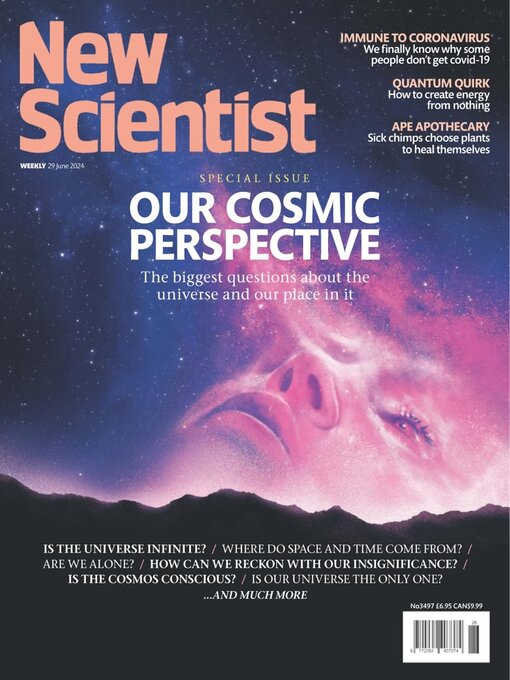
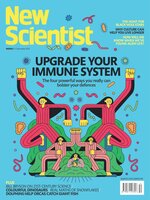 Dec 27 2025
Dec 27 2025
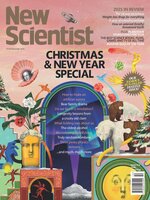 13/20 December 2025
13/20 December 2025
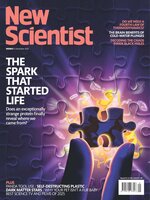 Dec 06 2025
Dec 06 2025
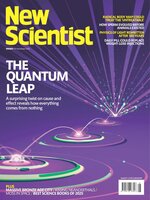 Nov 29 2025
Nov 29 2025
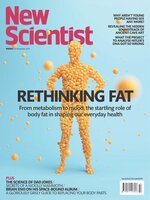 Nov 22 2025
Nov 22 2025
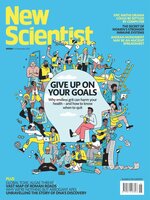 Nov 15 2025
Nov 15 2025
 Nov 08 2025
Nov 08 2025
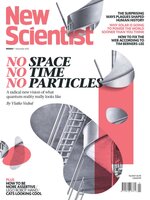 Nov 01 2025
Nov 01 2025
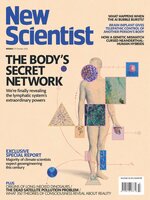 Oct 25 2025
Oct 25 2025
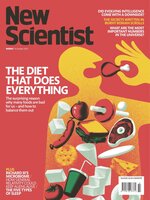 Oct 18 2025
Oct 18 2025
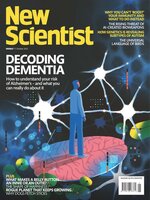 Oct 11 2025
Oct 11 2025
 Oct 04 2025
Oct 04 2025
 Sep 27 2025
Sep 27 2025
 Sep 20 2025
Sep 20 2025
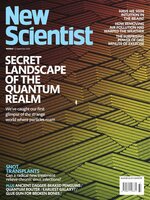 Sep 13 2025
Sep 13 2025
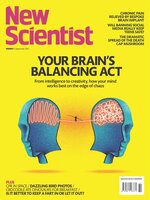 Sep 06 2025
Sep 06 2025
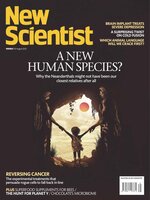 Aug 30 2025
Aug 30 2025
 Aug 23 2025
Aug 23 2025
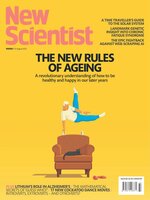 Aug 16 2025
Aug 16 2025
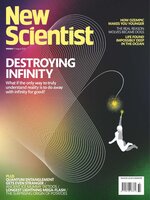 Aug 09 2025
Aug 09 2025
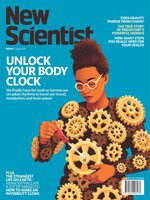 Aug 02 2025
Aug 02 2025
 Jul 26 2025
Jul 26 2025
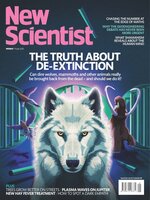 Jul 19 2025
Jul 19 2025
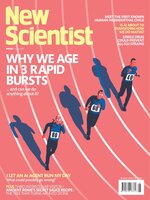 Jul 12 2025
Jul 12 2025